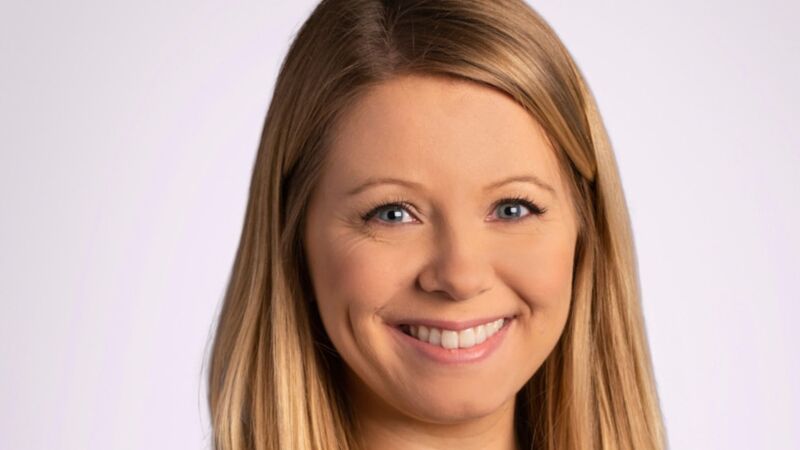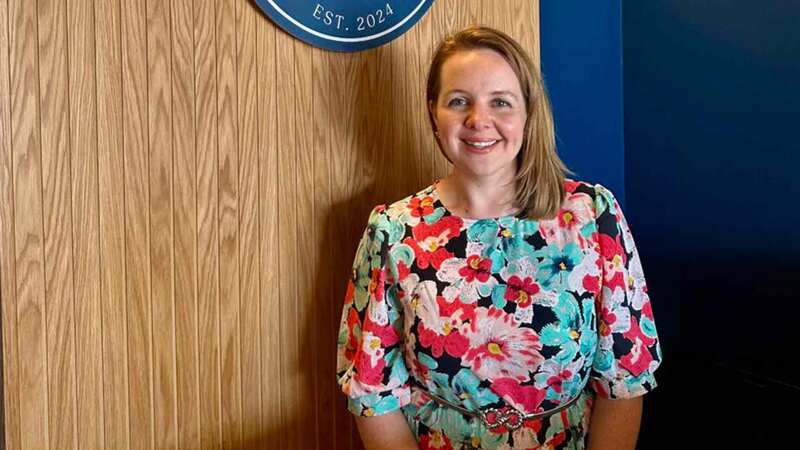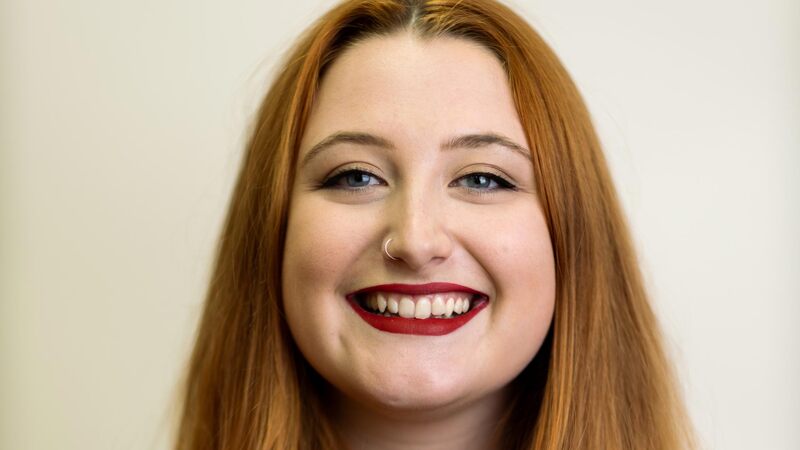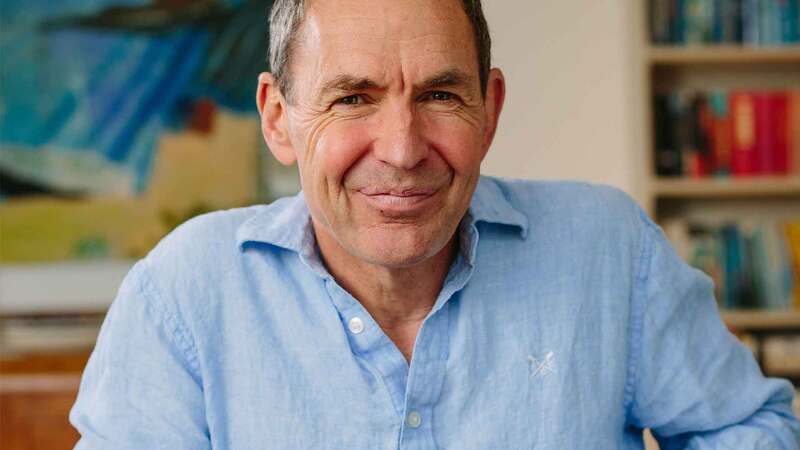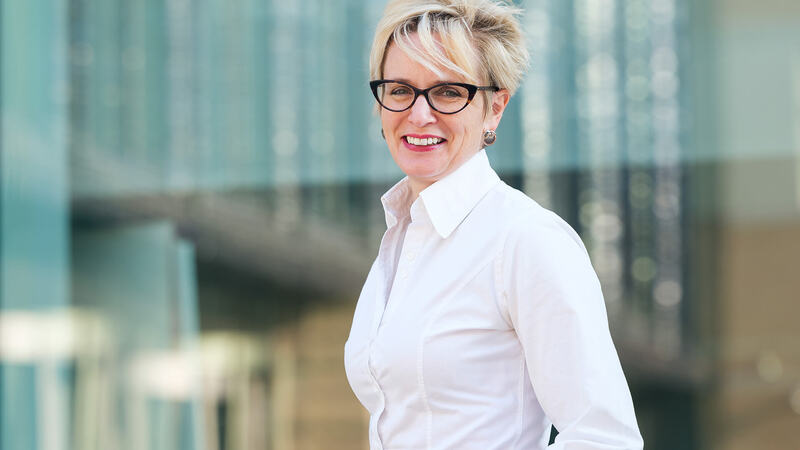You are viewing your 1 free article this month. Login to read more articles.
Phillips hails strong growth as CUP records 42% profit surge
Cambridge University Press’ annual report shows the firm had a 42% surge in operating profit from £17.2m to £24.4m for the year to 30th April 2019.
The company’s end of year results revealed revenues were up to £326.9m, a rise on the previous year’s £315.9m. CUP said the strong growth was thanks to its continuing focus on digital products and services.
C.e.o. Peter Phillips said: “Our ability to develop the new products and services our customers require, and to invest in the technology to support that, depends on our financial performance. So it’s particularly pleasing to achieve strong growth ahead of our markets. None of this would have been possible without the continuing passion, commitment and skill of Press people around the world. I am hugely grateful to all of them.”
The publisher highlighted innovations including Cambridge Elements, its digital-first publishing model for research, and a landmark open access agreement with the University of California.
According to Phillips, around 43% of sales are now from digital and blended products, compared to the 40% he cited last year and just 15% eight years ago.
As with previous years, figures were not broken out for the company’s Academic, English Language Teaching and Education publishing groups, although each were were said to be either consistent with or ahead of the market.
In Academic, Phillips singled out the four-volume Cambridge History of Ireland and There Is No Planet B by Mike Berners-Lee, as highlights in terms of critical acclaim and sales. Journal sales “enjoyed a good year in general”, the report said, while the publisher had its best e-books sales year in China, with traditional and internet retail performing well in the US, UK, western Europe and Australia, partly thanks to a higher education textbook programme that gained market share.
For ELT, the report claimed CUP had seen growth in Mexico and Latin America, “particularly strong performance” in India and China, especially around exams, and a return to growth in Iberia and Brazil. Performance in Italy was “exceptionally strong” but the US and Turkey market was more challenging.
In Education, Coding Sandpit, a series for children to learn computational thinking and Cambridge English’s Think course for teenagers stood out, Phillips said. The report noted “particularly good results in Australia, where over the past few years we have grown into one of the market leaders”. There was also growth in the Indian market, though slower than previously, and “exceptionally good growth” in countries like Cameroon and Zimbabwe.
Phillips wrote: “We were especially pleased that in this financial year, the Press grew operating profits by over 40% to £24m. This was driven by growth in sales and a continued focus on controlling costs well. Our sales of £327m were some 5% up on the previous year at constant currency, with each of our three publishing groups in line with, or ahead of, their respective markets. The continuing shift from print to digital sales was a common theme. There was strong performance in some of the largest of both our traditional and developing English language-teaching markets and in our education markets for products to support international exams.”
He added: “That strong base will enable us to continue to innovate in the way we support teaching, learning and research at this time of huge change for publishers, schools and universities, and to maintain Cambridge’s reputation for excellence while pushing the boundaries of learning and scholarly communication worldwide.”





